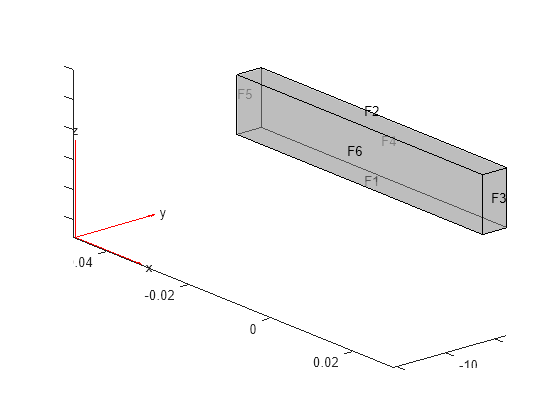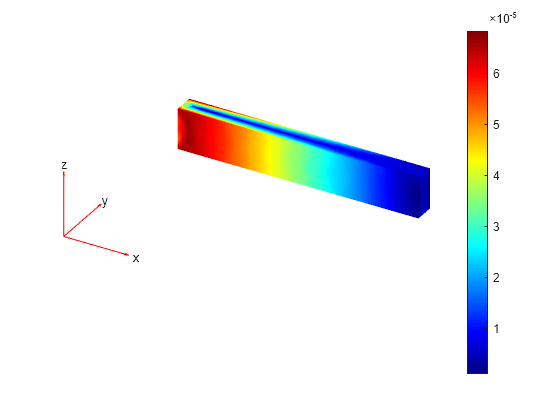evaluatePrincipalStrain
Evaluate principal strain at nodal locations
Description
pStrain = evaluatePrincipalStrain(structuralresults)structuralresults. For transient and frequency response
structural analysis, evaluatePrincipalStrain evaluates principal
strain for all time- or frequency-steps, respectively.



